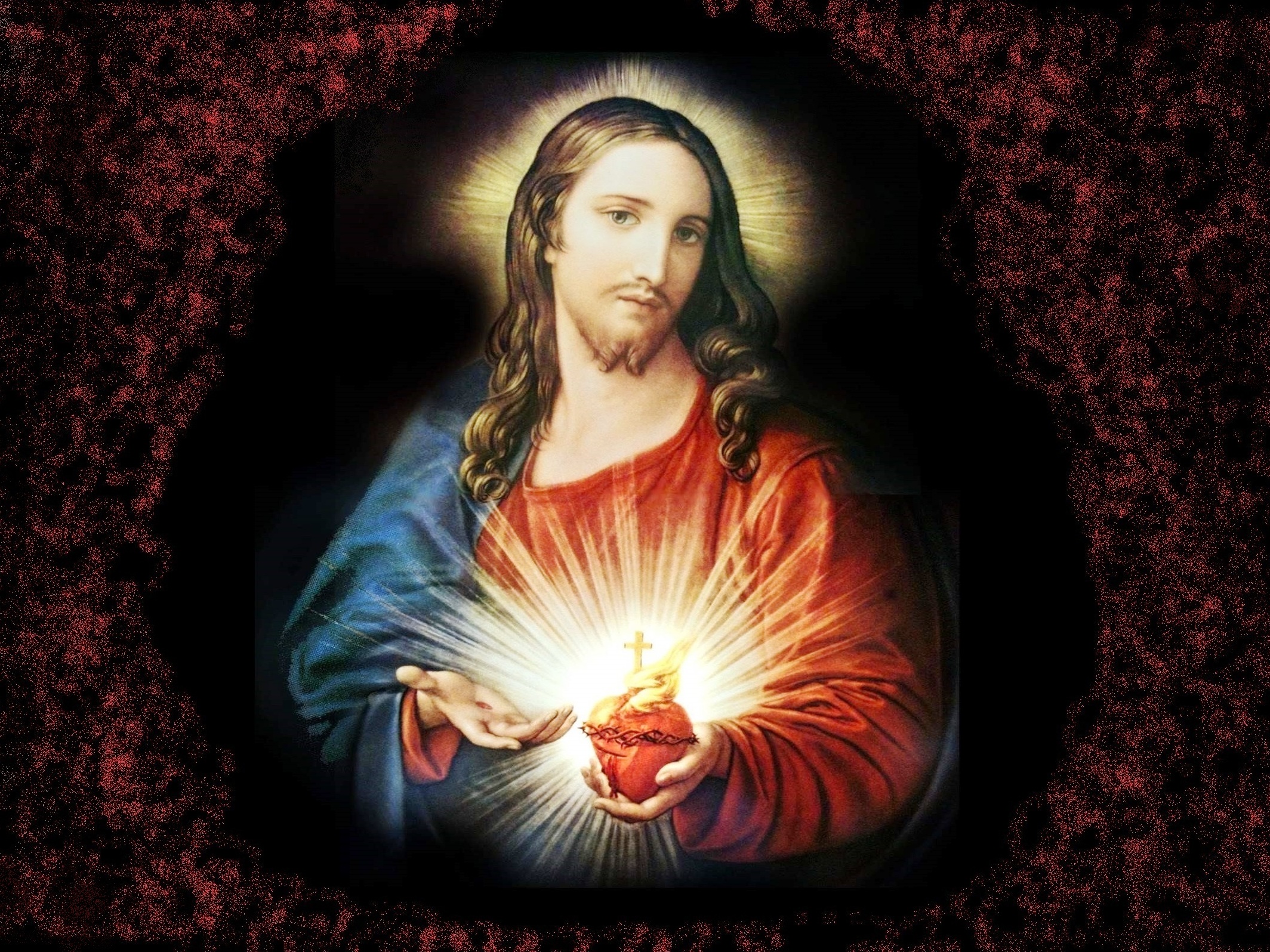Devotion to do today on the first Friday of the month
In the famous revelations of Paray le Monial, the Lord asked St. Margaret Maria Alacoque that the knowledge and love of her Heart spread throughout the world, like a divine flame, to rekindle the charity that languished in the hearts of many.
Once the Lord, showing her Heart and complaining about the ingratitudes of men, asked her to attend Holy Communion in reparation, especially on the First Friday of each month.
Spirit of love and reparation, this is the soul of this monthly Communion: of love which seeks to reciprocate the ineffable love of the divine Heart towards us; of reparation for the coldness, the ingratitudes, the contempt with which men repay so much love.
Many souls embrace this practice of Holy Communion on the first Friday of the month due to the fact that, among the promises that Jesus made to St. Margaret Mary, there is that with which he assured the final penance (that is, the salvation of the soul) to who for nine consecutive months, on the First Friday, had joined him in Holy Communion.
But wouldn't it be much better to decide for Holy Communion on the First Fridays of all the months of our existence?
We all know that, alongside groups of fervent souls who have understood the treasure hidden in the weekly Holy Communion, and, better still, in the daily one, there is an endless number of those who rarely remember during the year or only at Easter, that there is a Bread of life, even for their souls; without taking into account those not even at Easter who feel the need for heavenly nourishment.
The monthly Holy Communion constitutes a good frequency for the participation of the divine mysteries. The advantage and the taste that the soul draws from it, perhaps will gently induce to decrease the distance between an encounter and the other with the divine Master, even up to daily Communion, according to the most lively desire of the Lord and the Holy Church.
But this monthly meeting must be preceded, accompanied and followed by such sincerity of dispositions that the soul truly comes out refreshed.
The most certain sign of the fruit obtained will be the observation of the progressive improvement of our conduct, that is, of the greater resemblance of our heart to the Heart of Jesus, through faithful and loving observance of the ten commandments.
"Whoever eats my flesh and drinks my blood has eternal life" (Jn 6,54:XNUMX)
What is the Great Promise?
It is an extraordinary and very special promise of the Sacred Heart of Jesus with which he assures us of the most important grace of death in the grace of God, hence eternal salvation.
Here are the precise words with which Jesus manifested the Great Promise to St. Margaret Maria Alacoque:
«I PROMISE YOU, IN THE EXCESS OF THE MISE MEMORY OF MY HEART, THAT MY ALMIGHTY LOVE WILL GIVE THE GRACE OF FINAL PENANCE TO ALL THOSE WHO WILL COMMUNICATE THE FIRST FRIDAY OF THE MONTH FOR NINE MONTHS FOLLOWING. THEY WILL NOT DIE IN MY DISCRETION, NOR WITHOUT RECEIVING THE HOLY SACRAMENTS, AND IN THE LAST MOMENTS MY HEART WILL GIVE THEM A SAFE ASYLUM ».
The promise
What does Jesus promise? He promises the coincidence of the last moment of earthly life with the state of grace, whereby one is eternally saved in Paradise. Jesus explains his promise with the words: "they will not die in my misfortune, nor without having received the Holy Sacraments, and in those last moments my Heart will be a safe refuge for them".
Are the words "nor without having received the Holy Sacraments" a security against sudden death? That is, who has done well on the first nine Fridays will be certain not to die without first confessing, having received the Viaticum and the Anointing of the Sick?
Important Theologians, commentators of the Great Promise, answer that this is not promised in absolute form, since:
1) who, at the moment of death, is already in the grace of God, by himself does not need the sacraments to be saved eternally;
2) who instead, in the last moments of his life, finds himself in God's misfortune, that is, in mortal sin, ordinarily, in order to recover himself in God's grace, he needs at least the Sacrament of Confession. But in case of impossibility to confess; or in case of sudden death, before the soul separates from the body, God can make up for the reception of the sacraments with inner graces and inspirations that induce the dying man to make an act of perfect pain, so as to obtain the forgiveness of sins, to have sanctifying grace and thus to be eternally saved. This is well understood, in exceptional cases, when the dying person, for reasons beyond his control, could not confess.
Instead, what the Heart of Jesus promises absolutely and without restrictions is that none of those who have done well on the Nine First Fridays will die in mortal sin, granting him: a) if he is right, final perseverance in the state of grace; b) if he is a sinner, the forgiveness of every mortal sin both through Confession and through an act of perfect pain.
This is enough for Heaven to be truly assured, because - without any exception - its lovable Heart will serve as a safe refuge for all in those extreme moments.
Therefore in the hour of agony, in the last moments of earthly life, on which eternity depends, all the demons of hell may arise and unleash themselves, but they will not be able to prevail against those who did well the Nine First Fridays requested by Jesus, because his Heart will be a safe refuge for him. His death in God's grace and his eternal salvation will be a consoling triumph of the excess of infinite mercy and the omnipotence of love of His Divine Heart.
